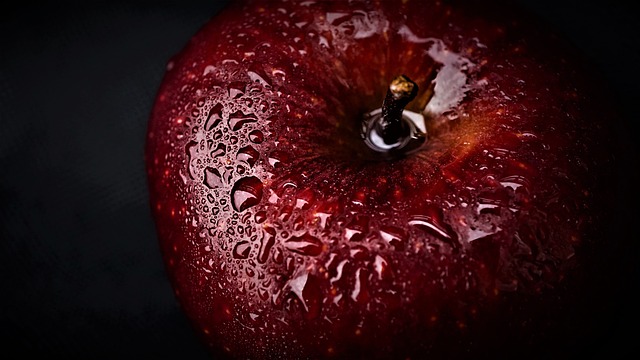The Ultimate Guide to Understanding Probiotics for Optimal Health
Probiotics are live bacteria and yeasts that are good for your gut health. They are known to promote the growth of beneficial microorganisms in our gut and promote a healthy digestive system. Probiotics can be found in fermented foods and supplements in various strains and doses.
The Benefits of Probiotics
The health benefits of probiotics are vast. They help the body with the following:
- Improving Digestion: Probiotics have been shown to help in the digestion process by breaking down food and aiding in nutrient absorption.
- Balancing Gut Bacteria: Probiotics help to maintain a healthy balance of bacteria in the gut, which is essential for overall health and well-being.
- Boosting Immune System: Probiotics stimulate the immune system, helping to prevent and combat infections.
- Reducing Inflammation: Probiotics are believed to reduce inflammation in the gut and throughout the body, which can lead to a reduction in various health conditions.
- Improving Mental Health: Some studies have shown that probiotics may have a positive impact on mental health, including reducing anxiety and depression symptoms.
Probiotic Strains and Dosages
There are many different strains of probiotics, each with a different health benefit. Some of the most popular strains include:
- Lactobacillus acidophilus: This strain is found in the intestines and vagina and is known to promote digestion and prevent infections.
- Bifidobacterium lactis: This strain is found in the colon and is known to relieve constipation and improve the immune system.
- Streptococcus thermophilus: This strain is found in fermented dairy products and is known to aid digestion and boost the immune system.
The dosage of probiotics is dependent on the individual and the condition being treated. The general recommendation is to take between 1 and 10 billion colony-forming units (CFUs) per day.
Sources of Probiotics
Probiotics are naturally found in fermented foods. Some of the best sources of probiotics include:
- Yogurt: Yogurt is one of the most popular sources of probiotics. Look for yogurt that contains live and active cultures.
- Kefir: Kefir is a fermented drink that contains a mixture of bacteria and yeasts. It is a good source of probiotics.
- Sauerkraut: Sauerkraut is a fermented cabbage dish that is a good source of probiotics.
- Miso: Miso is a fermented soybean paste that is used in many Japanese dishes. It is a good source of probiotics.
- Kimchi: Kimchi is a Korean dish made of fermented vegetables, including cabbage, radish, and cucumber.
Probiotic Supplements
Probiotic supplements are another way to increase your probiotic intake. They come in a variety of forms, including pills, powders, and capsules. When choosing a probiotic supplement, look for one that contains live and active cultures and has a high CFU count.
Prebiotics vs. Probiotics
Prebiotics are non-digestible dietary fibers that promote the growth of beneficial bacteria in the gut. They act as food for probiotics, helping them to survive and thrive in the gut. Some of the best sources of prebiotics include:
- Garlic: Garlic is a good source of prebiotics and helps to boost the immune system.
- Onions: Onions are a good source of prebiotics and contain antioxidants that help to prevent disease.
- Bananas: Bananas are a good source of prebiotics and are rich in fiber and vitamin C.
- Asparagus: Asparagus is a good







